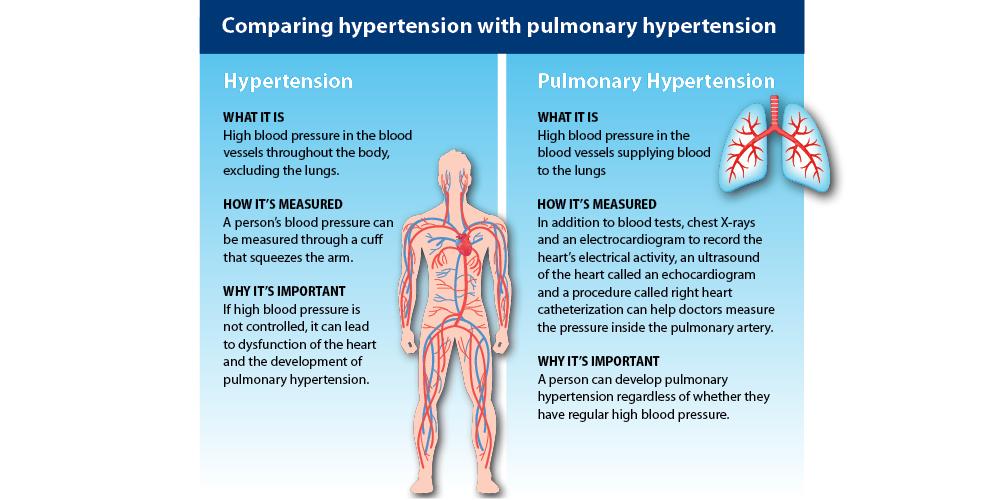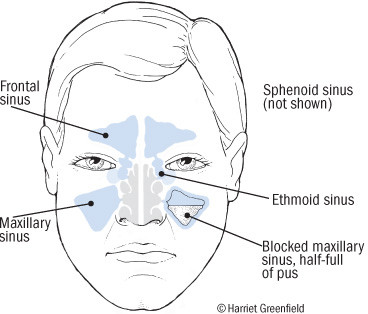Jaw pain can be a troubling and unexpected symptom, arising from various causes. Harvard Health points out that temporal arteritis, an inflammation of blood vessels, is a potential cause of sudden jaw pain. This condition notably causes headaches and jaw pain that intensifies after prolonged chewing. It’s crucial to consider temporal arteritis as a diagnosis due to its severity and the need for immediate treatment with prednisone to prevent serious complications like vision loss.
Another common source of jaw pain is Temporomandibular Disorders (TMD). As detailed by the University of Rochester Medical Center’s Health Encyclopedia, TMD encompasses a range of disorders affecting the jaw muscles, temporomandibular joints, and associated nerves. These disorders can stem from excessive strain on the jaw joints and muscles responsible for chewing, swallowing, and speech. Factors like teeth grinding, jaw injury, or arthritis can contribute to TMD’s development.
Harvard Health also discusses neck pain and its potential seriousness. For instance, cervical artery dissection can present with persistent, unusual neck pain accompanied by severe headaches. The pain from a carotid artery tear typically radiates up toward the eye, while a vertebral artery tear may feel like a sharp object stuck in the skull’s base. Additionally, sleeping positions can contribute to neck and jaw pain. Sleeping on the stomach or side without proper support can strain neck muscles, leading to discomfort.
Vital Record explores different aspects of jaw pain, noting that symptoms like flushing, perspiration, and worsening pain during physical activity can indicate other underlying issues. Dizziness and a pulsating pain, as opposed to a deep ache, are also notable symptoms to consider.
The University of Georgia’s University Health Center describes various symptoms of TMJ disorder, a specific type of TMD. These include jaw and facial pain, neck tension, difficulties with chewing, and sounds like clicking or popping in the jaw joint. TMJ disorder can also lead to headaches, earaches, and shoulder pain.
UConn Today adds that TMJ disorders can cause abnormal bite sensations, where the teeth do not seem to fit together correctly. This misalignment can lead to additional symptoms like ringing in the ears or swelling in the affected area.
Lastly, Thoracic Outlet Syndrome (TOS), as explained by the Hospital for Special Surgery, is another condition that can cause pain in the upper body, including the neck and jaw. TOS symptoms range from pain, weakness, numbness, and tingling to a general feeling of discomfort in the arms, hands, and upper back.
For more detailed information and visual representations, refer to the accompanying images and links.

Harvard Health | University of Rochester Medical Center’s Health Encyclopedia | Harvard Health | Vital Record | University of Georgia’s University Health Center | UConn Today | Hospital for Special Surgery


